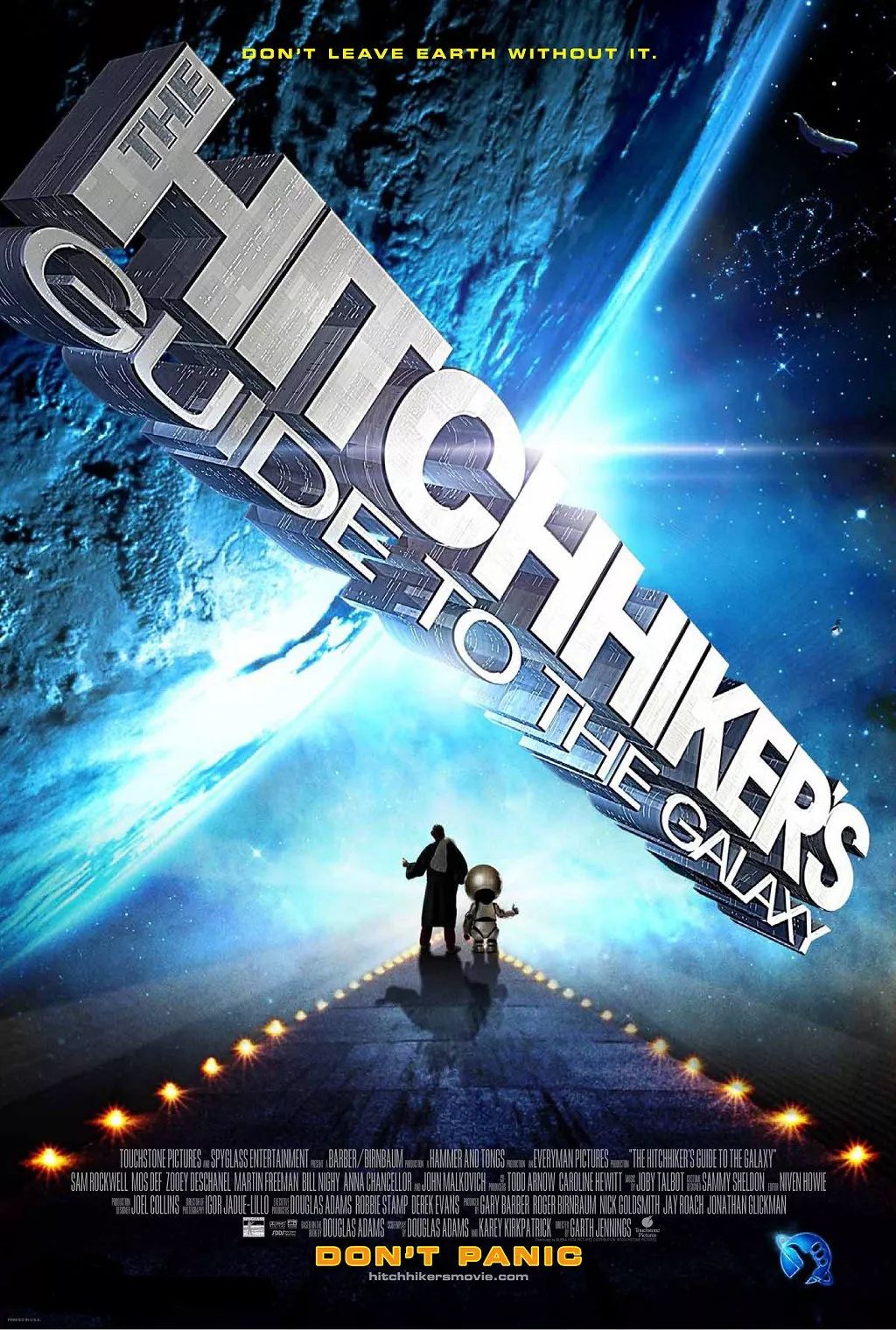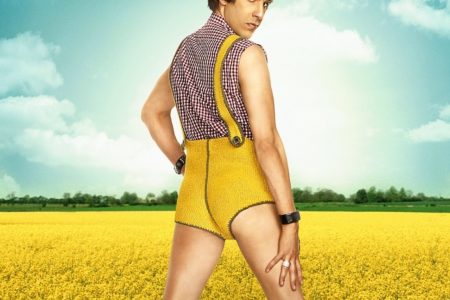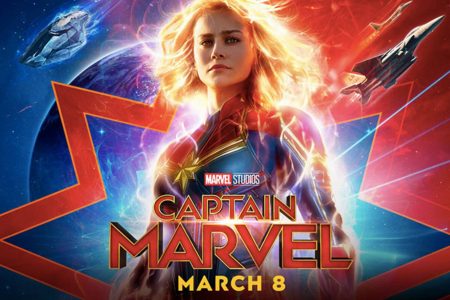Adaptations are tricky things. They have to adapt a story for a new medium and fit in with the narrative constraints dictated by it. Douglas Adams knew this: he had successfully created HHGTTG on radio, making full use of the possibilities of an audio performance; he then transferred the tale to ‘a trilogy of five’ novels, where his erudite turn of phrase and dry humour were eloquently captured; he had helped turn it into a much-loved television series; he even turned it into a computer game, such was his talent for trying new things. He’d been trying, for five years prior to his untimely death at 49, to crack the script for a film that would bring to the silver screen the story of Arthur Dent, the number 42, and the life, the universe and everything.
The film, directed by Garth Jennings and Nick Goldsmith based on the Adams’ script polished by Karey Kilpatrick, stays pretty true to the story. Arthur Dent (Martin Freeman) wakes one morning to find that his house is going to demolished for a bypass, only to discover that his best friend, Ford Prefect (Mos Def), is an alien who whisks him onto a spaceship just prior to the destruction of Earth for a hyperspace bypass. They end up on the stolen Heart of Gold spaceship, with erstwhile president of the universe, Zaphod Beeblebrox (Sam Rockwell), Trillian (Zooey Deschanel) a girl that Arthur recently fell for, and the depressed robot Marvin (played by Warwick Davis and voiced by Alan Rickman). However, while the original concerned itself with the life, the universe and everything, the film decides to take a more linear approach, with the Vogons trying to capture Beeblebrox and a romantic and character arc for Arthur, as he goes from a normal English bloke, to a more pro-active and romantic (not quite action) man, as he falls in love with Trillian.
There’s a lot to get through in 105 minutes, although it loses its way with rescuing Trillian from the Vogons in an ill-advised and sluggish section having an extended dig at bureaucracy. This leaves less time for the Book (although Fry is excellent as the silky and cultured tones of the voice), which has to be more visual for the film version, with a more Java/Flash feel informing the digital cartoons, over the TV’s crude yet effective animation. The TV series appears to be the stronger cultural touchstone for the films, with cameos for the original Arthur Dent as the answer message of Magarathea and the original Marvin seen in a queue, though the floppy third arm and plastic head for Zaphod Beeblebrox don’t make an appearance. (There is also a nice touch seeing Douglas Adams’ face as the last image in the film, as part of the affect of the Infinite Improbability Drive.)
Freeman is the perfect modern Dent, his face reacting to the stupidity of the universe. Mos Def brings a real sense of alien to the role of Prefect, while Rockwell is suitably over the top and annoying as Zaphod. Deschanel is an ethereal presence, not given much to do other than be the object of Arthur’s affection. There is some stunt casting, with Helen Mirren as the unusual choice for the voice of Deep Thought, Bill Bailey as the voice of the whale, John Malkovich’s unnecessary cameo as Humma Kavula, and Bill Nighy being Bill Nighy as Slaartiblatfast. Rickman voices Marvin effectively, though, even if it’s hard to get the original voice out of your head, and Davis gives the body of Marvin some real character, with the updated design a spiffy improvement (and a moment of heroism with a gun that makes the victim feel the emotion of the holder). Which is all part of the charm – the film is a visual treat, as might be expected from chaps who brought a milk carton to life in a Blur video, from the musical opening number with the dolphins, the jump cuts to reveal the scale of the Vogon fleet, the vast splendour of the Magarathea factory floor, and the crew of the Heart of Gold as Klanger-style stop-motion figures. It is this joy, of seeing this story on the big screen in all its absurd glory, that is the most rewarding, even if it’s not as good as the one in your head.
Rating: VID




